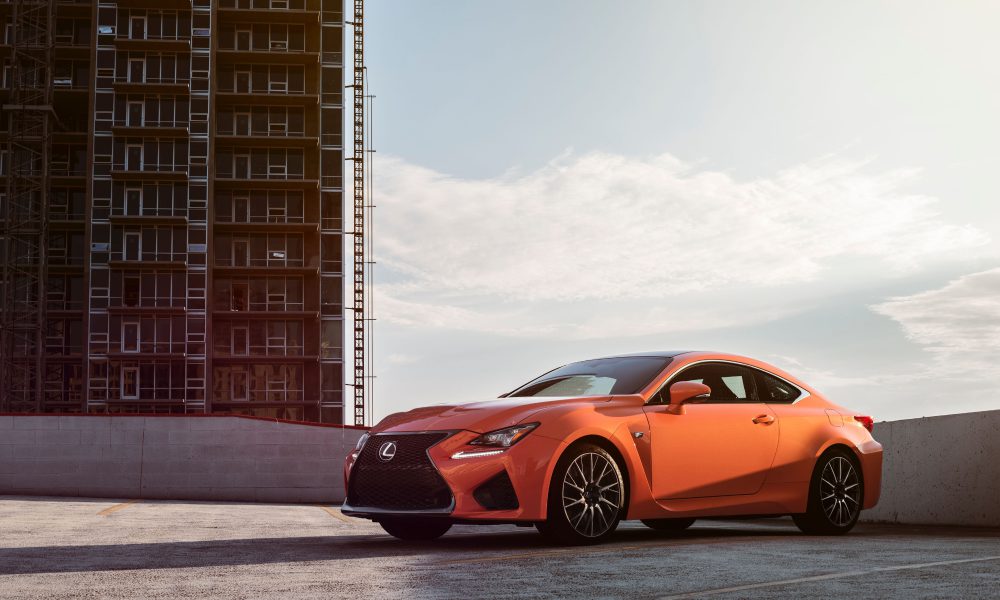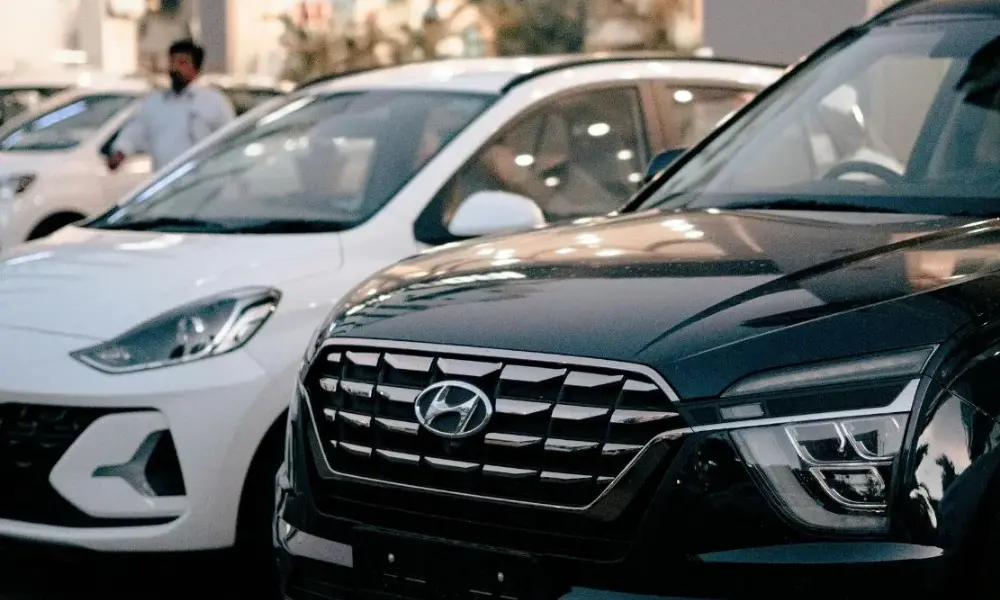Horn Problems That Are Actually Caused by Battery Issues

The car battery is the primary source of electrical power for your vehicle, including its horn. When you press the horn button, the electrical circuit is completed, and power flows from the battery to the horn, causing it to emit a sound. If your car’s battery is weak, damaged, or experiencing issues, it may not supply the necessary power to the horn, leading to problems with its functionality. In many cases, a failing battery can be the real culprit behind a horn that doesn’t work as expected.
Low Voltage and Weak Horn Sound
One of the first signs that battery issues are affecting your horn is a weak or faint horn sound. If the battery is not supplying enough power, the horn may sound much quieter than usual, or it may struggle to produce a sound at all. This can occur if the battery is low on charge, or if there is a problem with the battery’s ability to hold a charge, such as a failing cell or corroded terminals. A horn that seems to be working intermittently or with reduced volume could be a sign that the battery is not delivering the proper voltage to power the horn effectively. The European Auto Repair in Nova Scotia, Canada based services can help you out in this case.
Electrical Draw and Battery Load
Your car’s battery needs to supply power to multiple systems simultaneously, including the horn, lights, and engine components. If the battery is old or worn out, it may not be able to handle the electrical load efficiently, which can cause certain systems, including the horn, to malfunction. A weak battery may prioritize other systems, and the horn may not get enough power when needed. If other electrical components in your vehicle are also acting erratically, such as dimming headlights or unresponsive power windows, the issue is likely tied to the battery.
Faulty Alternator and Battery Drain
Another potential issue that can affect your horn’s functionality is a faulty alternator. The alternator is responsible for recharging the car battery while the engine is running. If the alternator is not functioning correctly, the battery will not receive a proper charge, leading to power shortages for various electrical systems, including the horn. In some cases, the horn may sound fine when the engine is off, but fail to work when the engine is running, indicating that the battery isn’t being charged adequately by the alternator.
Resolving the Battery-Related Horn Issues
If you suspect that battery issues are causing your horn problems, start by checking the battery’s charge and condition. A weak or dead battery may need to be recharged or replaced. Also, inspect the battery terminals for corrosion, which can disrupt the flow of electricity to the horn and other systems. If the alternator is suspected of malfunctioning, it should be tested and repaired or replaced. Regular maintenance of your battery and electrical system will help prevent horn malfunctions caused by power issues, ensuring that your horn works reliably when you need it.




